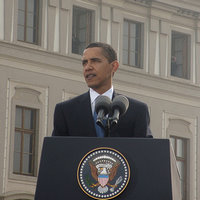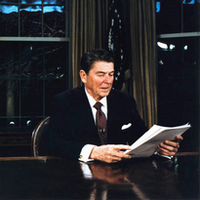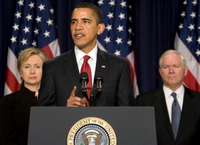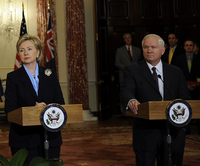
While headlines focus increasingly on President Barack Obama’s responses to the nuclear programs of North Korea, Iran, and Pakistan, the new administration has been quietly investing a substantial amount of diplomatic time and capital in a somewhat obscure meeting that nevertheless could have significant implications for Obama’s nonproliferation agenda. The meeting, which will take place at the United Nations nearly a year from now, is the latest in a regularly scheduled series of gatherings of signatory states to review the nuclear Nonproliferation Treaty. To a significant degree, the Obama administration’s posture to date on a variety of nonproliferation issues has […]




